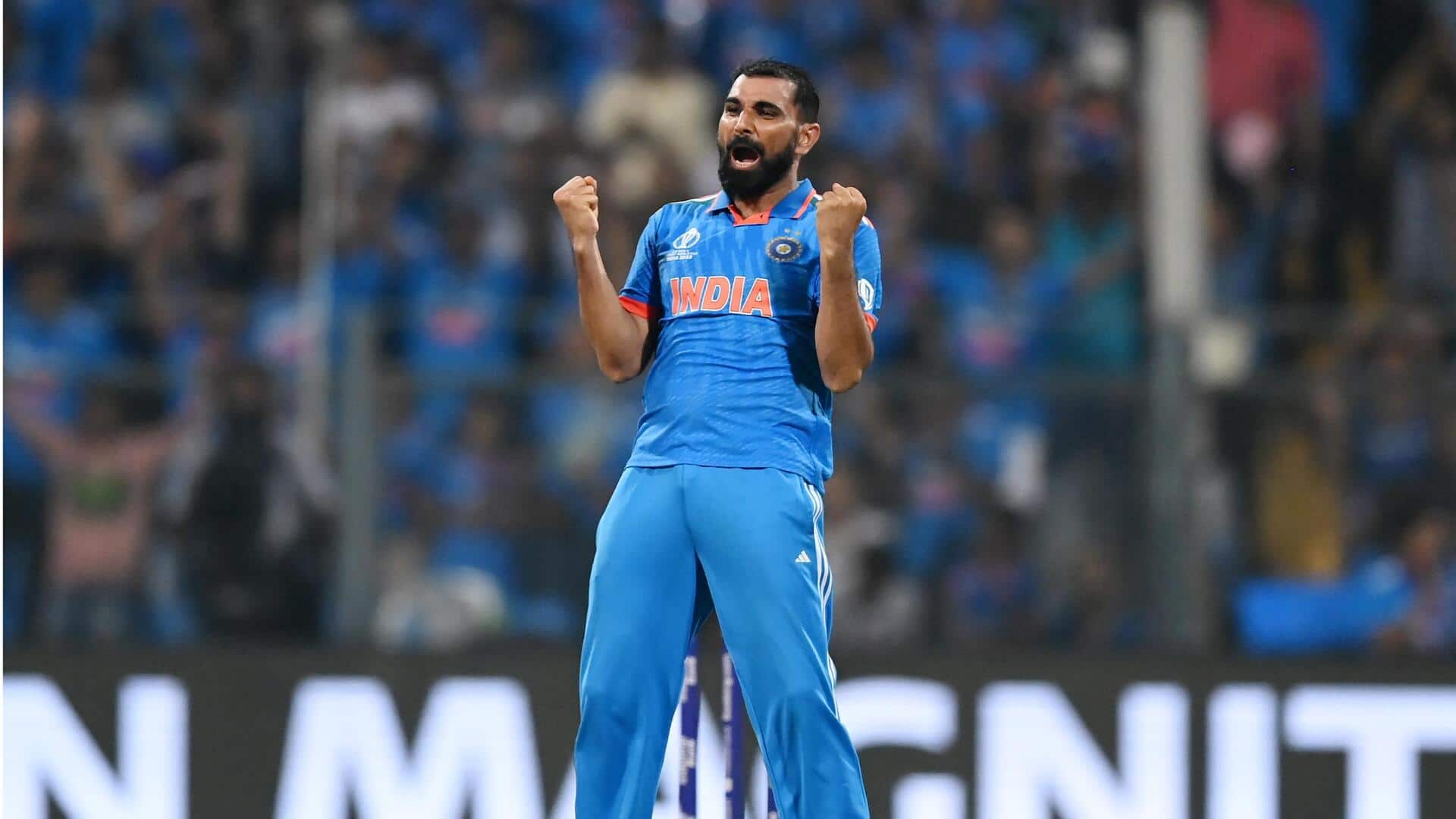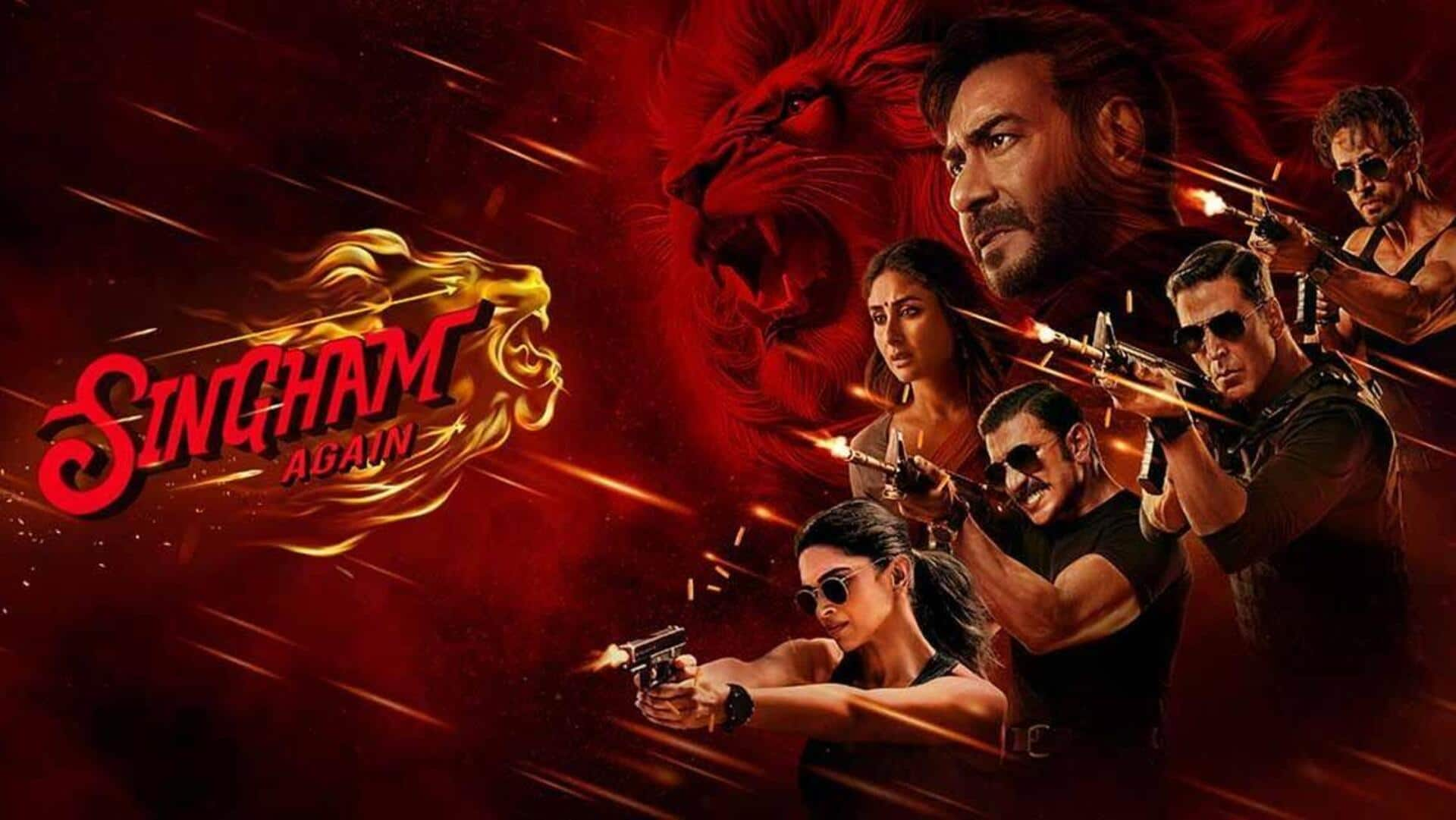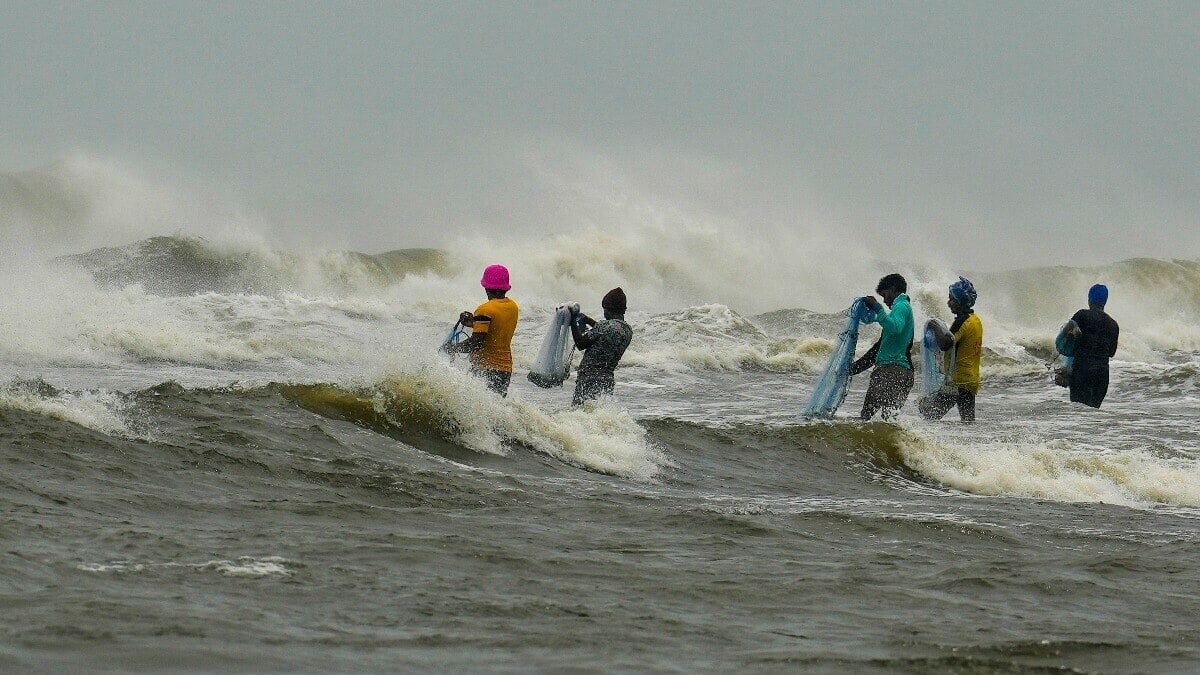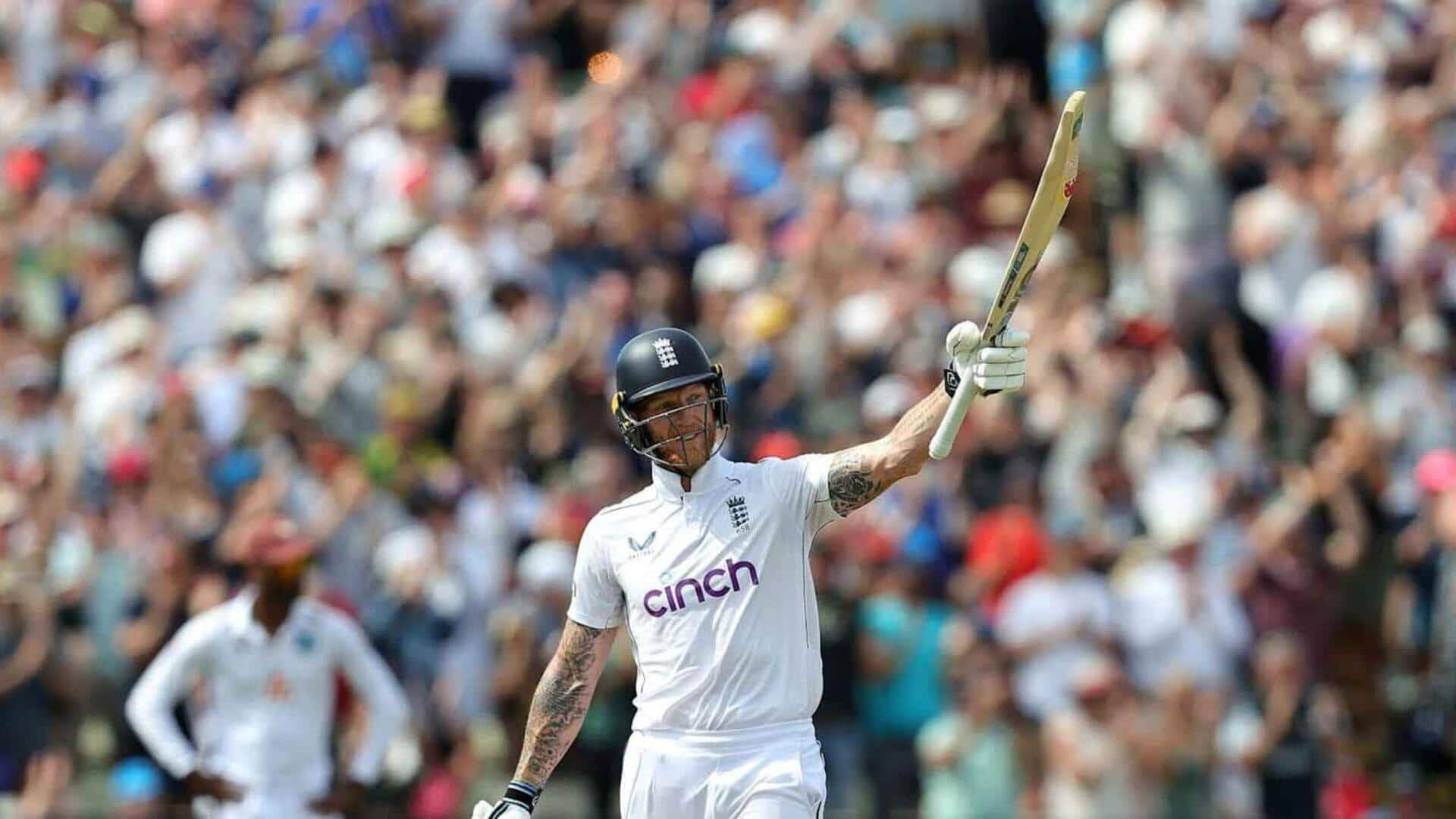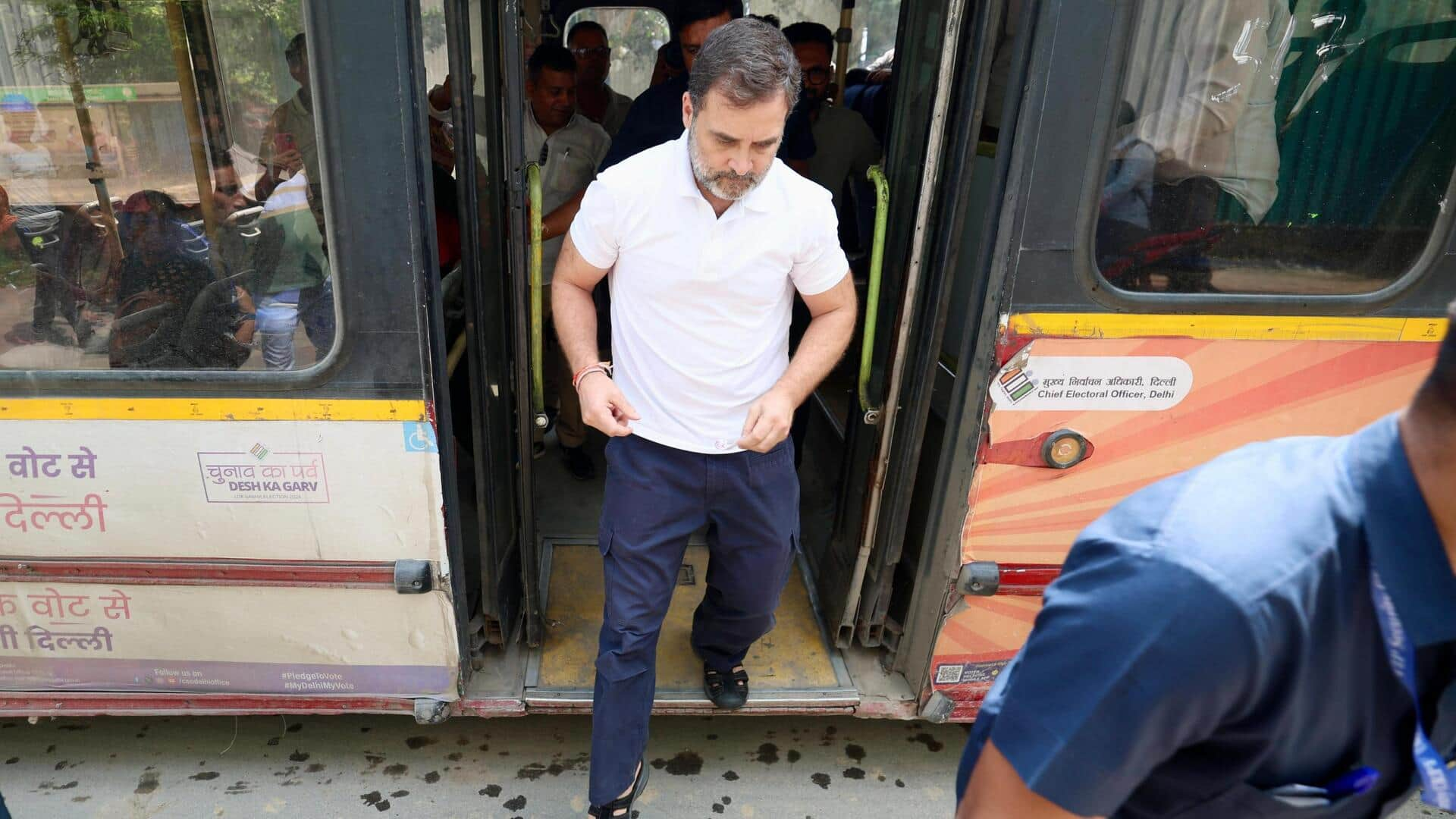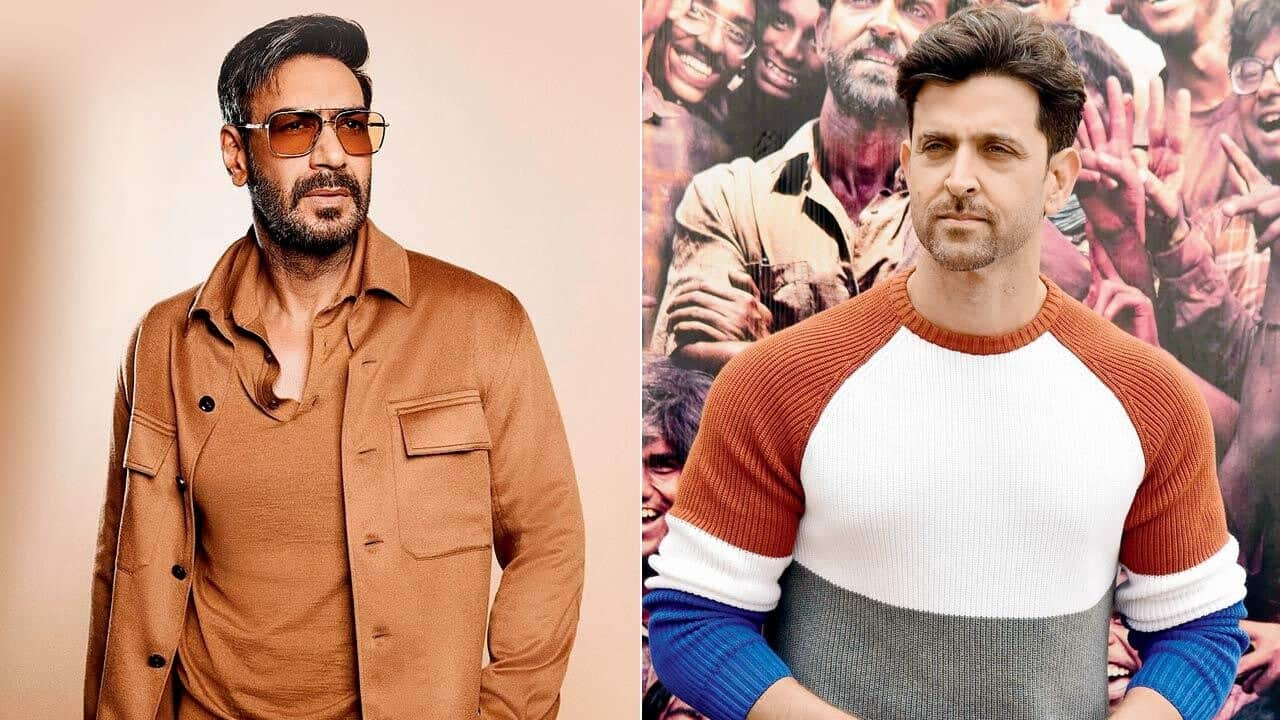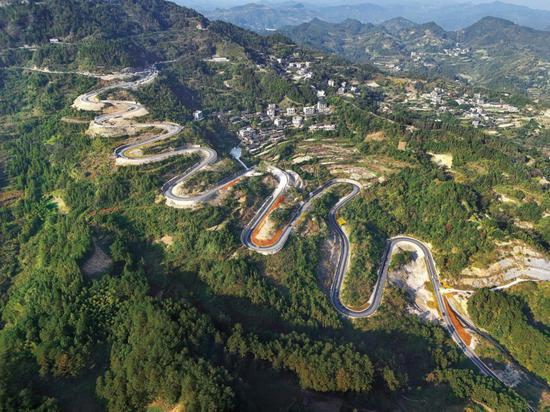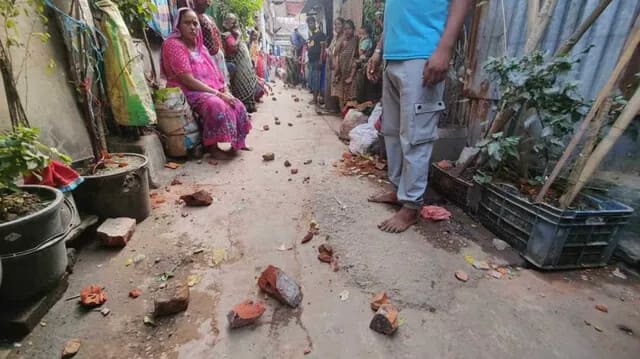
GENEVA, Nov 29 (Reuters) - European and Iranian diplomats met on Friday to discuss whether they can engage in serious talks, including over Iran's disputed nuclear programme, before Donald Trump returns to the White House in January. The meetings in Geneva, the first since the U.S.
election, come after Tehran was angered by a European-backed resolution last week that criticised Iran for poor cooperation with the U.N. nuclear watchdog.

A senior Iranian official told Reuters that Tehran expected the talks to be "tough and serious”. He added that next week Tehran would brief Russia and China, the non-Western signatories of a 2015 nuclear pact with Iran that Trump abandoned during his last term. Trump, who after reneging on the nuclear deal pursued a "maximum pressure" policy that sought to wreck Iran's economy, is staffing his new administration with noted hawks on Iran.
Iran's deputy foreign minister and senior nuclear negotiator Majid Takhtravanchi met the EU's coordinator Enrique Mora on Thursday evening and held talks on Friday with top diplomats from Britain, Germany and France, known as the E3. While Trump's return to power leaves many questions open, four European diplomats said the E3 countries felt it was vital to engage now because time was running out. Mora said the exchange was "frank" and focused on Iran's military support for Russia, the situation in the Middle East and the nuclear dossier.
The senior Iranian official said the three issues were "interconnected". The level of distrust between both sides was highlighted when the E3, the European parties to the 2015 nuclear accord, on Nov. 21 pushed ahead with a resolution by the board of governors of the International Atomic Energy Agency (IAEA), which criticised Iran.
Tehran reacted to the resolution by informing the IAEA that it plans to install more uranium-enriching centrifuges at its enrichment plants. "If we finalise a roadmap with France, Britain and Germany on how to resolve the nuclear dispute, then the ball will be in the U.S.
court to revive or kill the 2015 nuclear deal," the senior Iranian official said. A European official also said the primary aim was to try to agree a calendar timeline and framework to embark on good faith talks so that there was a clear commitment from Iranians to begin negotiating something concrete before Trump arrives. The E3 have adopted a tougher stance on Iran in recent months, notably since Tehran ramped up its military support to Russia.
However, they have always insisted that they wanted to maintain a policy of pressure and dialogue. Iranian officials say their primary objective will be finding ways to secure lifting of sanctions. The 2015 deal lifted international sanctions against Iran in return for Tehran accepting some curbs to its nuclear programme.
Since Trump left the deal, Iran has accelerated its nuclear programme while limiting the IAEA's ability to monitor it. "There isn't going to be an agreement until Trump takes office or any serious talks about the contours of a deal," said Kelsey Davenport, director of non-proliferation policy at the Arms Control Association advocacy group. The talks also come as fears linger that tensions between Iran and arch-rival Israel could ignite an all-out war, despite a ceasefire in Lebanon between Israel and Iran's Hezbollah allies.
Prime Minister Benjamin Netanyahu said on Tuesday he wanted to turn Israel's focus to Iran. The European powers hope Iran will decide to begin negotiating new restrictions on its nuclear activities, albeit less far-reaching than agreed in 2015, with a view to having a deal by the summer. That would give enough time to implement new limits on Iran's programme and lift sanctions before the accord ends in October 2025.
It is not clear whether Trump would back negotiations. If no new deal is agreed, the E3 could trigger the so-called "snapback", a process under the 2015 deal where the issue is sent to the U.N.
Security Council and sanctions can be reimposed. Iran, which has long said its nuclear programme is peaceful, has warned that it would review its nuclear doctrine if that happened. "The snapback is a major obstacle to resolving the nuclear dispute," the senior Iranian official said.
Sign up here. Writing and reporting by John Irish and Parisa HafeziEditing by Deepa Babington Our Standards: The Thomson Reuters Trust Principles. , opens new tab.


